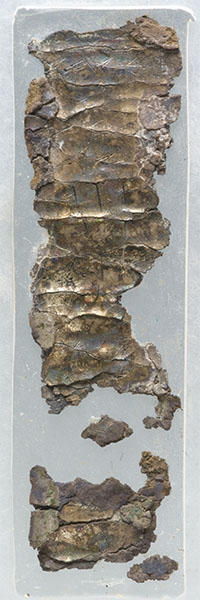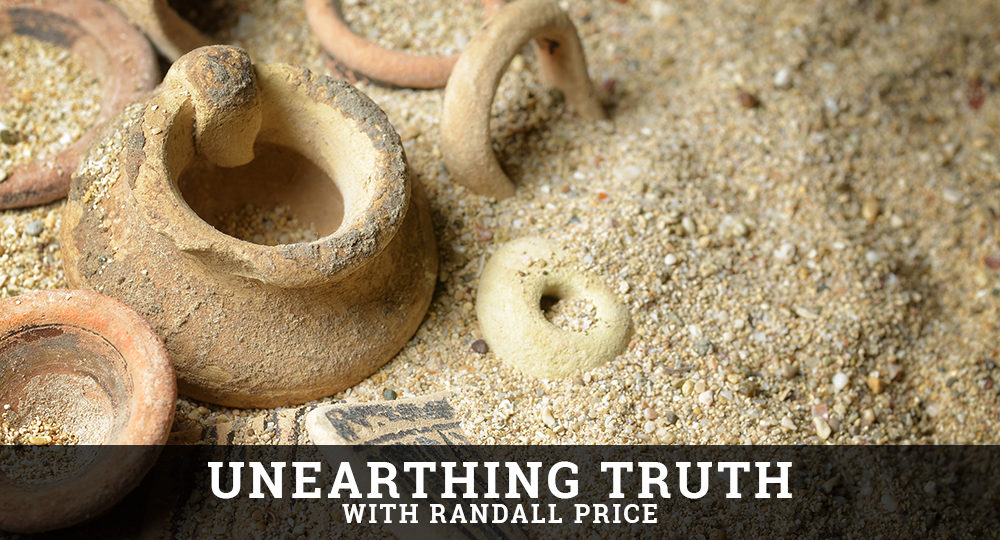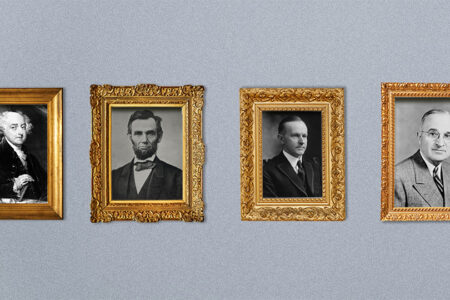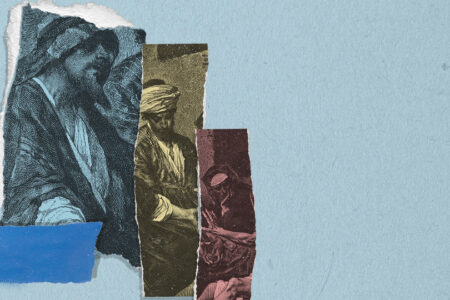One of the Oldest Blessings in the Bible
In Numbers 6:22–27 the Lord told the high priest how to bless national Israel: “The LORD bless you and keep you; the LORD make His face shine upon you, and be gracious to you; the LORD lift up His countenance upon you, and give you peace” (vv. 24–26).
This threefold petition asks God to bless Israel as He promised in the Abrahamic Covenant (Gen. 12:2–3), guarding and protecting the Israelites wherever they went with the intent to always return them to their land (28:15); to shine on them (as the Shekinah Glory did from above the Tabernacle and first Temple), bestowing His grace and favor on them as His Chosen People (2 Chr. 30:9; Ps. 44:3); and to turn to Israel in peace (Hebrew, shalom), rather than in discipline (1 Ki. 2:33; Ps. 85:8).
The priests stood on a special platform (duchan) and recited this blessing twice each day after the sacrifices were offered at the Temple. Modern Judaism calls this blessing the Birkat Kohanim (Priestly Benediction), and it is routinely recited on Shabbat and during festivals.
Numbers 6:27 gives God’s concluding command: “So they shall put My name on the children of Israel, and I will bless them.” Some ancient Israelites understood this command to mean that if they literally put God’s name on themselves, they would be blessed. Thus, they wore amulets bearing an inscription of the passage because it contains God’s covenant name (YHWH) and the promise of blessing. We know this fact because part of such an amulet was discovered in Jerusalem.
From a rock-hewn tomb complex in the area of Ketef Hinnom has come a large treasure of more than 1,000 objects, including evidence of this amulet. The archaeological team inventorying the objects almost overlooked a tiny, gray, rolled-up object that proved to be a more sensational find than the rest of the treasure.

It was a silver scroll with Numbers 6:24–26 scratched into its thin metallic sheets. It also contained a partial reference to Deuteronomy 7:9: “Therefore know that the LORD your God, He is God, the faithful God who keeps covenant and mercy for a thousand generations with those who love Him and keep His commandments.”
Archaeologists believe the scroll was worn around the neck as a type of talisman. For this reason, this scroll is popularly referred to as the silver amulet.
The discovery has been called one of the most significant ever made for biblical studies because it contains the oldest citation of a biblical text, predating the Dead Sea Scrolls by more than 300 years. The precise date based on paleography is immediately prior to the Babylonian destruction of Jerusalem in 586 BC.
This dating challenged the radical Documentary Hypothesis view, which held that the priestly school composed the Torah only in the postexilic period. The text also helps scholars understand the transmission of biblical text some 1,500 years before Jewish scribes produced Judaism’s Masoretic Text.
Thus, this copy of one of the oldest blessings in the Bible has become our oldest blessing of the Bible! Yet, for modern Judaism, this blessing has often been thought of merely as a routine ritual in the synagogue. Israel still awaits the day of national repentance (Isa. 59:15–21; Rom. 11:25–27) that will transform this old text into renewed blessing under the New Covenant (Jer. 31:31–34).







